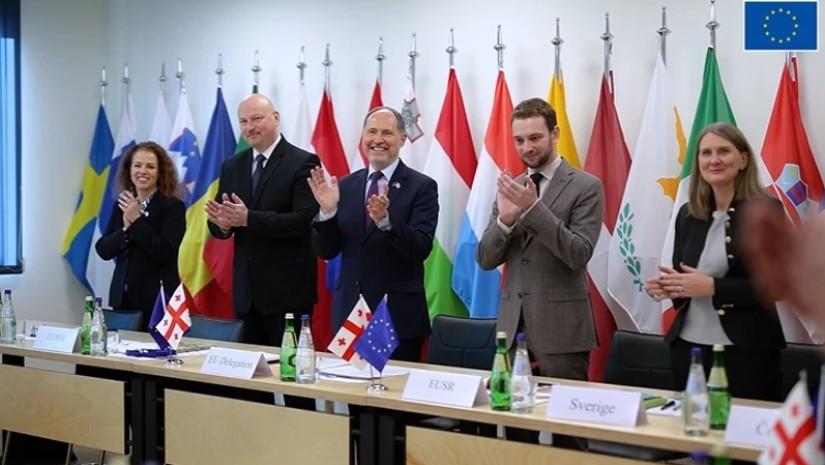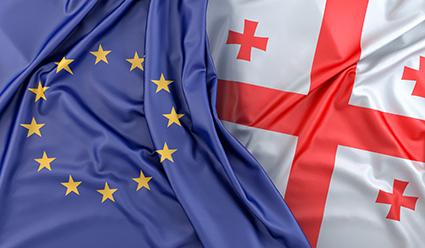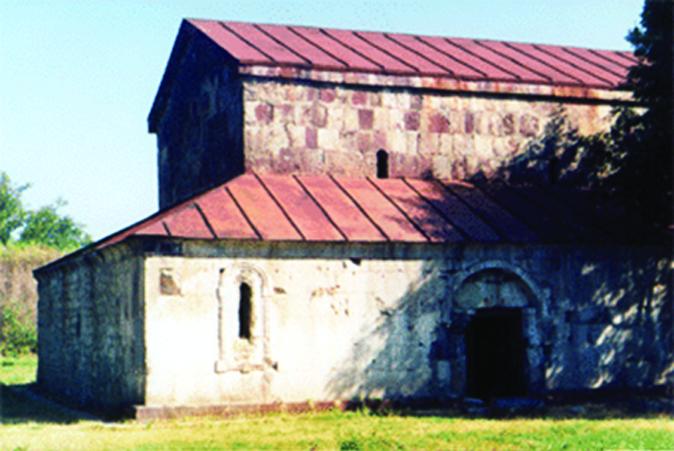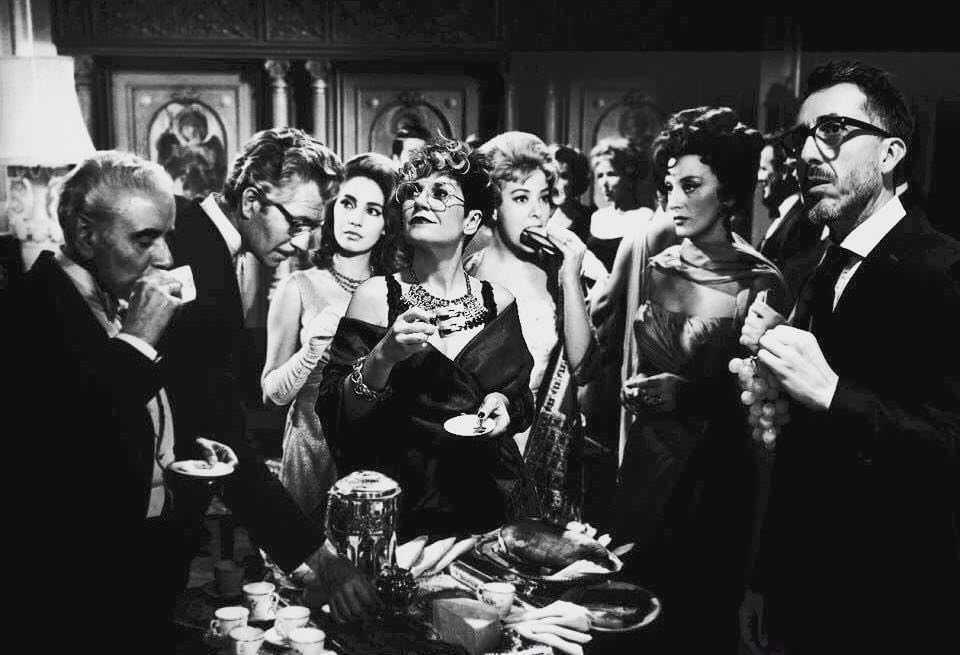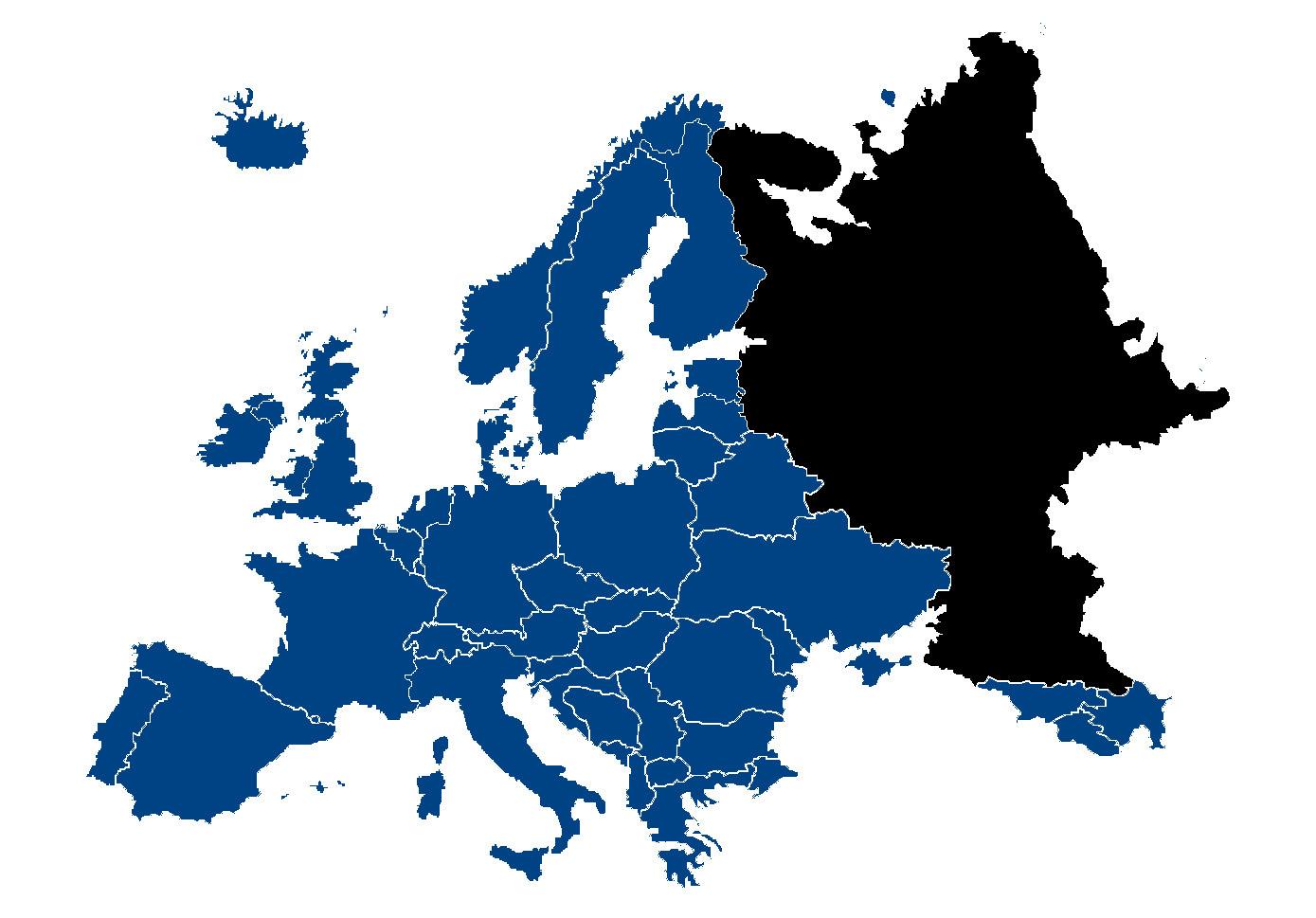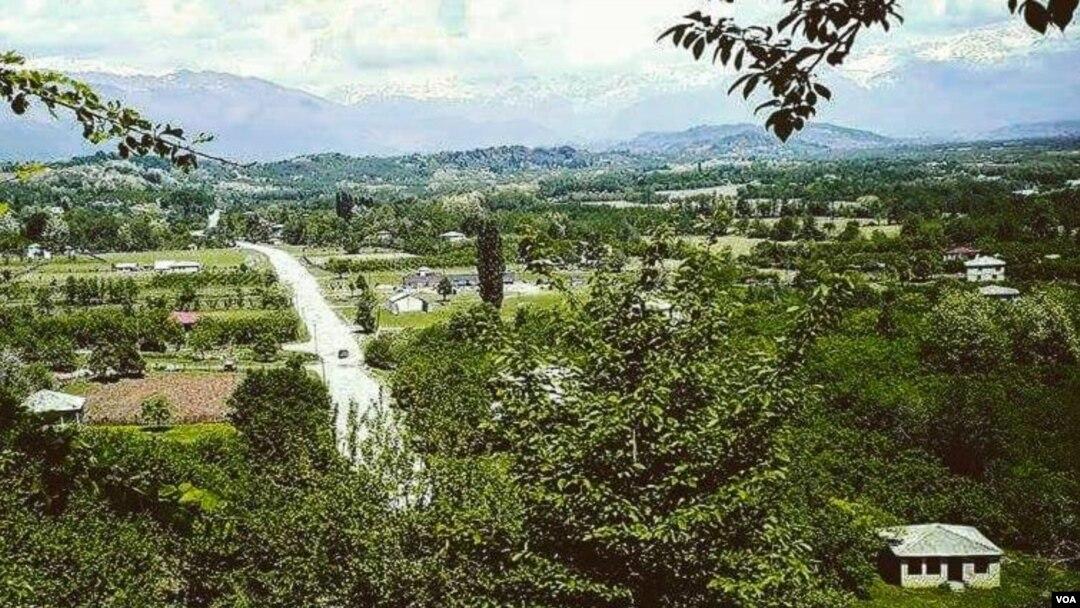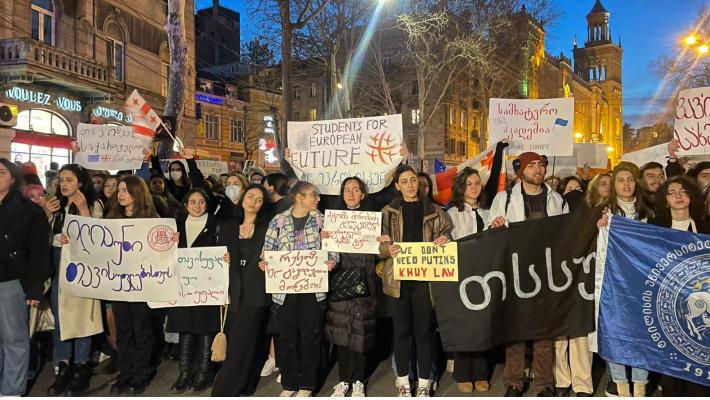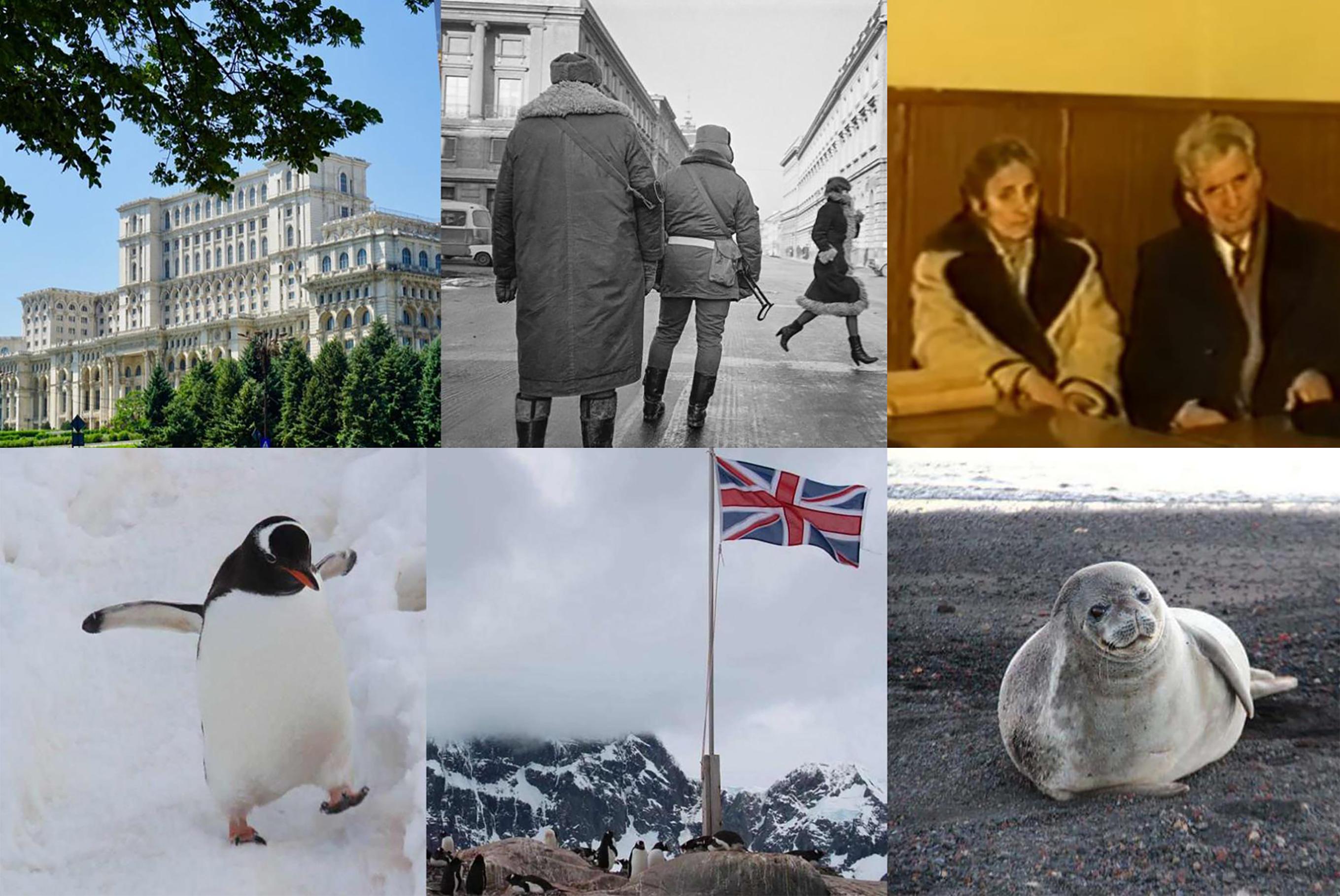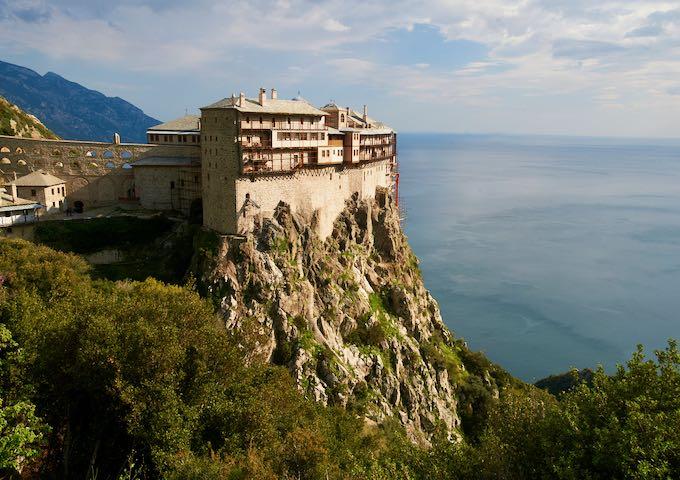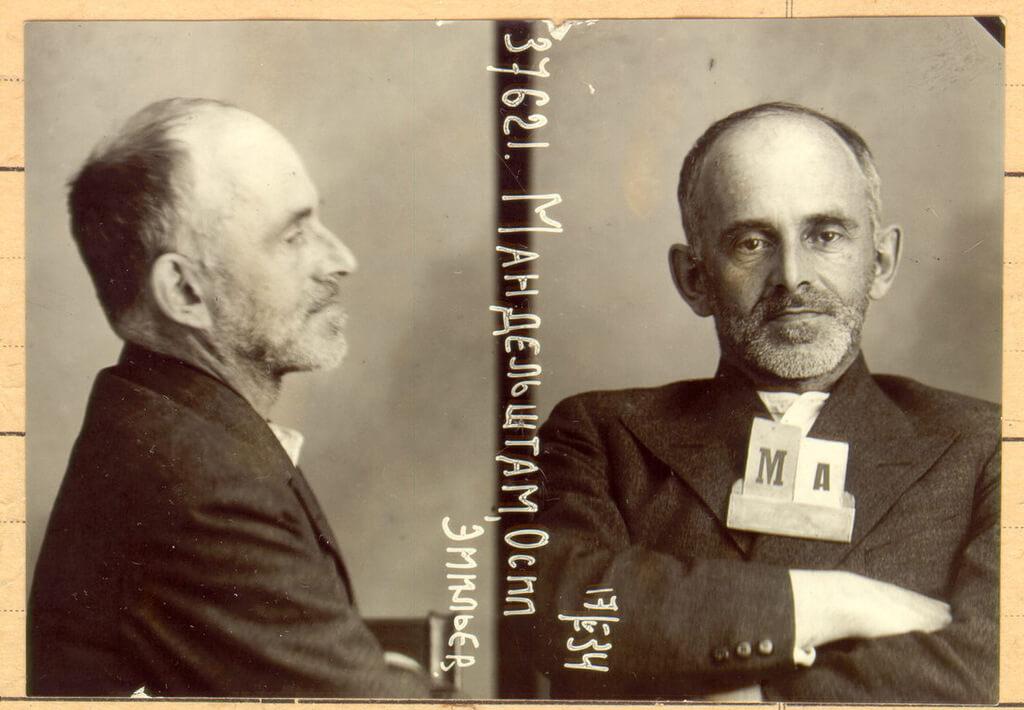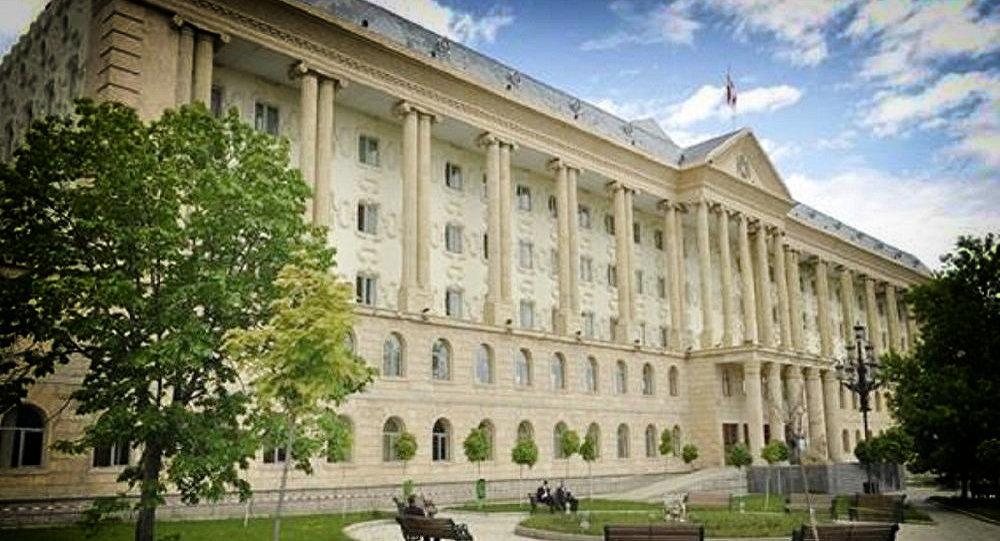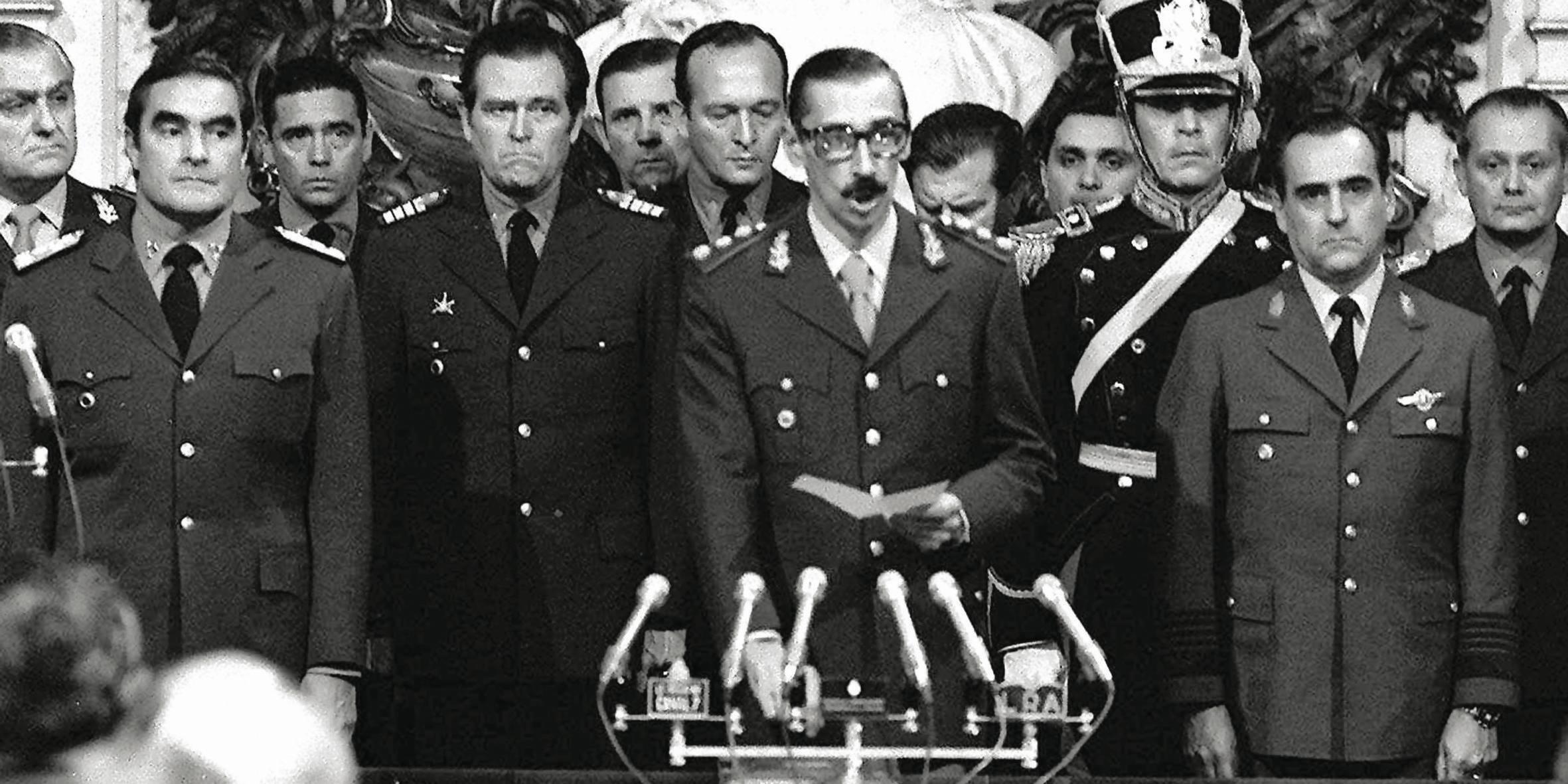Author : Temo Kuprava
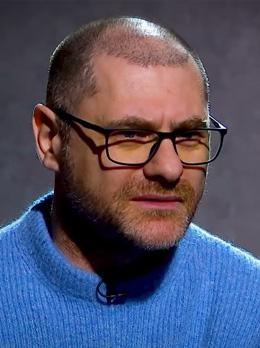
In 1992, the ethnic conflict in Abkhazia with active intervention of Russia, a so-called fratricide, turned into a war. Here, first of all, it should be noted that this brotherhood was one-sided for a long time. We, Georgians, called Abkhazians ‘brothers’ and therefore we were relaxed and unprepared for what happened. The separatists have never called Georgians ‘brothers’. Moreover, they have been calling us ‘enemies’ for decades and treated us accordingly. But let us not dwell on that this time and follow the prevailing opinion—if we assume that it was indeed a fratricidal war, then there can be no winning side in such a war. However, this is also controversial for many people—I have been a displaced person for 30 years and in my house lives a ‘victorious’ Abkhazian who organised a bloody ethnic cleansing to get it.
What have we lost in this war and what have the Abkhazians lost? Abkhazia is our identity; we have lost the main artery of our identity by losing this war. While the Abkhazians have lost their own identity completely. Let me explain what I mean.
Most people consider the beginning of the war to be August 14th, 1992. But the war started much earlier. The war did not begin either with the fact that the Abkhazians killed Vova Vekua two years earlier, on July 15th, 1989. Let us remind the readers: On that day the Abkhazians gathered near the building of the Sukhumi secondary school No. 1, where the Sukhumi branch of TSU was located. They surrounded the building and did not let anyone inside. To avoid provocation, the Georgians moved to Rustaveli Park and decided to appeal to the Abkhazian leadership to respond appropriately. Sending representatives to the district committee did not yield any results. The response was delayed. About 400 Georgians gathered in Rustaveli Park near the Botanical Garden, and Abkhazians gathered from the side of Pushkin Street. In the afternoon, there was an attack on Georgians near Rustaveli Park, which triggered further events. On that day, July 15th, 1989, two years before the start of the big war, seven Georgians were killed as a result of an organised attack, including Vova Vekua, an outstanding authority among the Georgians of Sukhumi, with whose family Zviad Gamsakhurdia, Merab Kostava, and other representatives of the national movement would often gather.
I would like to remind you that the Abkhazians started the war much earlier. It was during the famous ‘Likhni meeting’. They didn’t start the war by demanding independence, but—let’s understand it well and remind others—by demanding to join Russia. Exactly that was when they lost their identity, not after the war and not as a result of the post-war Russian occupation, but immediately after this demand was made. In the opinion of many, with this request they completed their own history and became part of the history of Russian imperialism.
Everyone remembers April 9th, 1989. It is just that many people do not remember why there were rallies in Tbilisi in the spring of 1989 that led to that tragic day. We were protesting against the decision taken at the Likhni Meeting on Rustaveli.
The Abkhazians disappeared after the Likhni meeting. They have chosen nothing but territory, which is just territory and nothing more, a ruined and desolate piece of land that was once a paradise. Most of the businesses in this territory were not owned by Abkhazians. As a result of ethnic cleansing, the remaining population of Abkhazia—far less than half of the pre-war population—has not been able to get back on its feet and will never be able to. Abkhazia’s economy is still financed by Russia, which means that the Georgians were behind Abkhazia’s economic prosperity, they created almost everything that made Abkhazia the richest corner of Georgia. Imagine for a second how much economic growth we would have if the resources for the development of Abkhazia were in the hands of its entire population before the ethnic cleansing...
Many would say that a lot of Georgians don’t want to live in today’s Georgia, and why are we asking Abkhazians to live with us? I am sure that if we return to Abkhazia, we will have a completely different country, and we will regain our own identity, not to mention economic development.
First of all, it should be said out loud that the war did not start on August 14th, 1992. It must be said that we were not hated by the Abkhazians because of Kitovani, nor because of Mkhedrioni, nor because of domestic reasons. The truth must be told!
Today, Abkhazia is a remote province of Russia. The Abkhazians own almost nothing there, not even the houses they live in. Those who have moved into houses confiscated from Georgians are afraid that the rightful owners will return. They are afraid of retribution. They are afraid of the appearance of Georgians near their houses who are embittered by the evil done by the Abkhaz, which is perhaps natural.
On the other hand, I do not know whether Georgians as a society are ready to return to Abkhazia. Today, our civic consciousness is lame. It is as if we are living by inertia, as passive statists. The state is captured, the nation is divided, and the society is polarised and fragmented. When this changes, then we will be able to think about how to regain the lost part of our identity and how to continue living together with the Abkhaz. Then we will be able to put together a historical narrative that can never be put together from the position of the weak and the beggar: That 27 September is a day of victory for them and a day of great defeat and irreplaceable pain for us.
